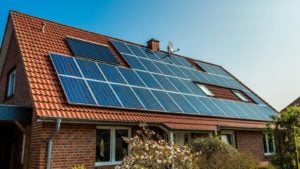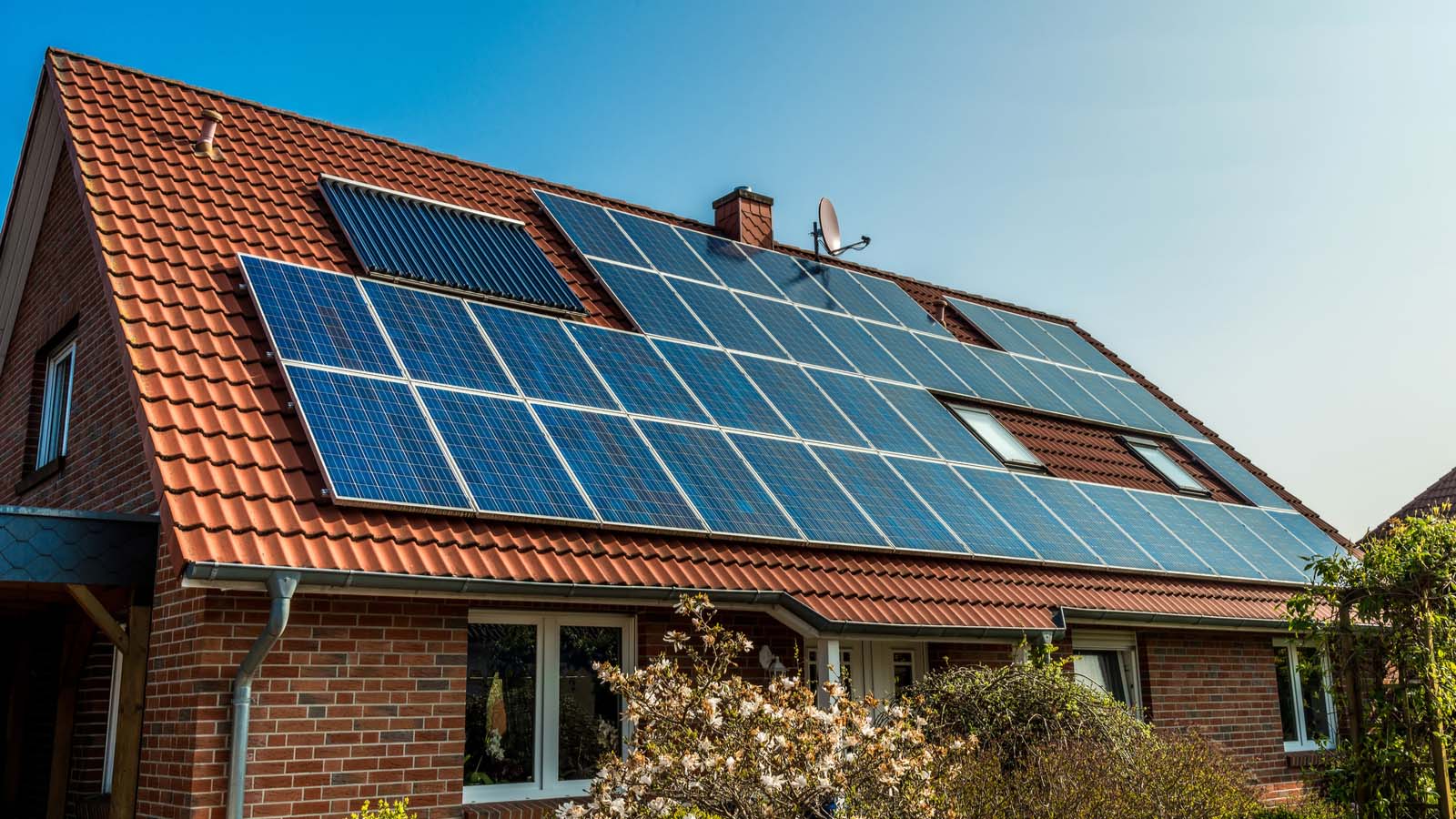Having covered solar energy for nearly a decade, I know how hard it is to make money at it. Solar stocks represent big potential, but they can also sink your portfolio.

The biggest panel makers, like China’s Jinko Solar (NYSE:JKS), Canadian Solar (NASDAQ:CSIQ) and SunPower (NASDAQ:SPWR), have been terrible investments. While the price-performance ratio of panels keeps improving, the business is so competitive that no one is making money.
But there’s a niche within the industry that’s blowing up right now. It’s inverters, devices that turn the DC power created by panel systems into the AC power most people use. Enphase Energy (NASDAQ:ENPH) makes them, as well as well as batteries, management software and monitoring equipment.
The stock is on fire, in the nicest possible way.
The Secret to Solar Stocks Is the Inverter
Enphase has been around since 2007 and has over 300 patents. The stock, however, didn’t take off until last year, when it introduced battery storage based on its Ensemble energy management system.
Business is now booming, as evidenced by its first-quarter report. Revenue of $205 million was double last year’s figure, and Enphase brought $69 million of that, 50 cents per share fully diluted, to the net income line. The stock is up 111% so far in 2020. The market capitalization entering trade June 3 was over $7.1 billion.
The combination of inverters, software and back-up is now seen as the key to unlocking the profit door. This is especially true in the residential market. “Power purchase agreements” became a nightmare when utilities saw the cost of taking the power. Enphase systems let customers build “micro grids” that handle storage and management with or without utility help.
Enphase competitor SolarEdge (NASDAQ:SEDG) calls the result “smart energy,” and its stock is up 56% this year. SolarEdge brought 10% of its $431 million in first-quarter revenue to the net income line, ending the quarter with enough cash on hand to pay off all its long-term obligations. Its market cap is now $7.4 billion.
The ability to turn panels into comprehensive systems has lifted other solar stocks as well. The Invesco Solar ETF (NYSEARCA:TAN) is up 13%.
It’s Not About the Panel
Solar stock bulls say the good times have just begun. Solar systems generated just 1.8% of U.S. electricity in 2019. Fossil fuel companies have harped on the failure of renewables to scale, but renewable fuels of all types now have over 20% of the electricity market.
The inverter breakthrough has solar bulls making what I call “hockey stick” graphs, projections of rising growth over several years. Costs for solar power have fallen by 90% in the last decade, but by 2022 they could fall another 34%. New technologies, like perovskites, can accelerate that as engineers crack the problem of durability. The Bureau of Labor Statistics says the fastest-growing job category of the next decade will be the solar installer.
Contrast that with the fossil fuels sector. The current glut may not be worked off for years. The cost floor is about $40 per barrel. Solar is busting through that floor.
More important, all those systems will need inverters.
The Bottom Line on Enphase and Solar Stocks
For years, writing on my personal blog, I’ve talked about convergence, the magical point where the costs of renewables fall below those of fossil fuels.
But cost isn’t the whole answer. Real solutions require batteries for when the sun goes down. They need inverters to turn panels’ DC power into the AC power that homes use. Management software and hardware are needed to share the load.
That’s what Enphase and SolarEdge are bringing to the party. They have unlocked the secret of solar power for everyone else. I’ve been saying it for a decade. “There is no energy shortage. The sun shines, the wind blows, the tides roll, we live on a molten rock.” Believe it.
Dana Blankenhorn has been a financial and technology journalist since 1978. He is the author of the environmental thriller Bridget O’Flynn and the Bear, available at the Amazon Kindle store. Follow him on Twitter at @danablankenhorn. As of this writing he owned no shares in companies mentioned in this story.
